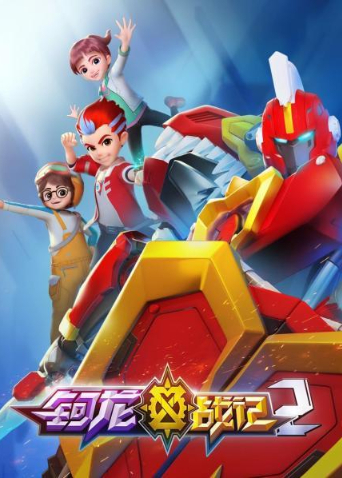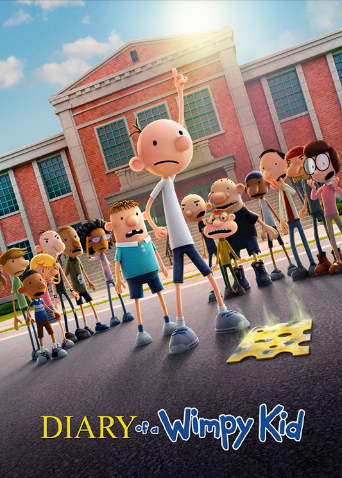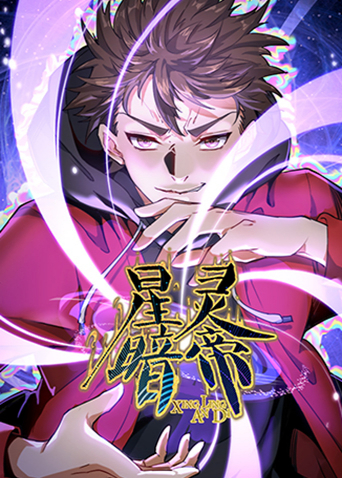真爱无儿无女的医生的妻子读到了丈夫的护士的日记,想象她可能和倾慕的自己的丈夫之间要发生外遇.她设法让护士嫁人,最终却发现继任的护士更加漂亮.
真爱无儿无女的医生的妻子读到了丈夫的护士的日记,想象她可能和倾慕的自己的丈夫之间要发生外遇.她设法让护士嫁人,最终却发现继任的护士更加漂亮.

回复 :纽约的城市图景,并行的是现实中艾克曼倾读母亲来信的段片。信是居住在比利时的母亲写来的。艾克曼这部早期的实验电影,是对他乡旅人的距离的最好的描述。
回复 :"Sinofuturism is an invisible movement. A spectre already embedded into a trillion industrial products, a billion individuals, and a million veiled narratives. It is a movement, not based on individuals, but on multiple overlapping flows. Flows of populations, of products, and of processes. Because Sinofuturism has arisen without conscious intention or authorship, it is often mistaken for contemporary China. But it is not. It is a science fiction that already exists.Sinofuturism is a video essay combining elements of science fiction, documentary melodrama, social realism, and Chinese cosmologies, in order to critique the present-day dilemmas of China and the people of its diaspora.With reference to Afrofuturism and Gulf Futurism, Sinofuturism presents a critical and playful approach to subverting cultural clichés.In Western media and Orientalist perceptions, China is exotic, strange, bizarre, kitsch, tacky, or cheap. In its domestic media, China portrayed as heroic, stable, historic, grand, and unified. Rather than counteract these skewed narratives, Sinofuturism proposes to push them much further.By embracing seven key stereotypes of Chinese society (Computing, Copying, Gaming, Studying, Addiction, Labour and Gambling), it shows how China's technological development can be seen as a form of Artificial Intelligence."
回复 :Siddartha (Dhritiman Chatterjee) is forced to discontinue his medical studies due to unexpected and brutal death of his father. He has to now find a job in stead. In one job interview, he is asked to name the most significant world event in the last ten years. His reply is 'the plain human courage shown by the people of Vietnam', instead of the expected - man landing on moon. The interviewer asks is he is a communist. Needles to say that he does not get the job.He reaches a coffee shop where he is offered to work for the communist party. When he does not show any interest the party leader tells him about an opening for a medical representative. To escape from the heat and have a snooze, he goes in to a cinema. As a government propaganda newsreel is being shown before the feature, a bomb explodes in the cinema hall. In the stampede that follows, Siddartha, breaks his watch. He goes to a watchmaker but he cannot afford the repairs.Waiting to cross the road, he notices a sexy girl. He drifts back to his days as a medical student in a flashback. The professor is explaining anatomy of female breast. Many flashbacks and dreams occur to Siddartha through the film.On his way to hostel, he has an encounter with some hippies. Along with an ex-classmate, he goes out to see a porn film but to their disappointment, the film turns out to be not-so-pornographic.In such constant wandering in a Calcutta, disintegrated relationships with his sister and a Naxalite (militant communist) brother, his friendship with Keya is only thing that keeps him sane.Keya is a simple girl. They enjoy each other's company but they cannot make any commitment to each other due to the circumstances.After yet another attempt at a job interview, Siddartha leaves the big city to take a modest job of a salesman in a far off small town. He writes to Keya that he still cherishes their relationship. And that he has heard that bird call again but this time it is for real, and not his mind. After completing the letter, he comes out to the balcony of his modest room. The bird calls again. He also hears the sombre chants of a funeral procession. As he turns to the camera, the picture is frozen.This is the first film of the Calcutta Trilogy. The other two were and Seemabaddha (Company Limited, 1971) and Jana Aranya (The Middle Man, 1975). All the three films study the effect the big city of Calcutta has on the educated youth and the price it extracts from them.The seventies were a difficult period for India and West Bengal. The Corruption was rampant; the Naxalite movement had created havoc in Calcutta. In fact, they had turned parts of Calcutta into 'liberated zones'. By the time the Naxalite movement died down, in 1975, Mrs. Indira Gandhi (then, Prime Minister of India) suppressed the fundamental rights and declared "Emergency" for her own political survival. Her son, Sanjay Gandhi became a dictator of sorts without any official designation. The opposition leaders were thrown into prisons.About his social responsibilities as a filmmaker, in an interview with Cineaste magazine, Ray commented, "You can see my attitude in The Adversary where you have two brothers. The younger brother is a Naxalite. There is no doubt that the elder brother admires the younger brother for his bravery and convictions. The film is not ambiguous about that. As a filmmaker, however, I was more interested in the elder brother because he is the vacillating character. As a psychological entity, as a human being with doubts, he is a more interesting character to me. The younger brother has already identified himself with a cause. That makes him part of a total attitude and makes him unimportant. The Naxalite movement takes over. He, as a person, becomes insignificant."In a letter to Seton in 1970, Ray wrote that Pratidwandi was the most provocative film he had made till then. The film is said to have evoked extreme reactions. "People either loved the film or hated it", Dhritiman Chatterjee told Andrew Robinson, Ray's biographer.


